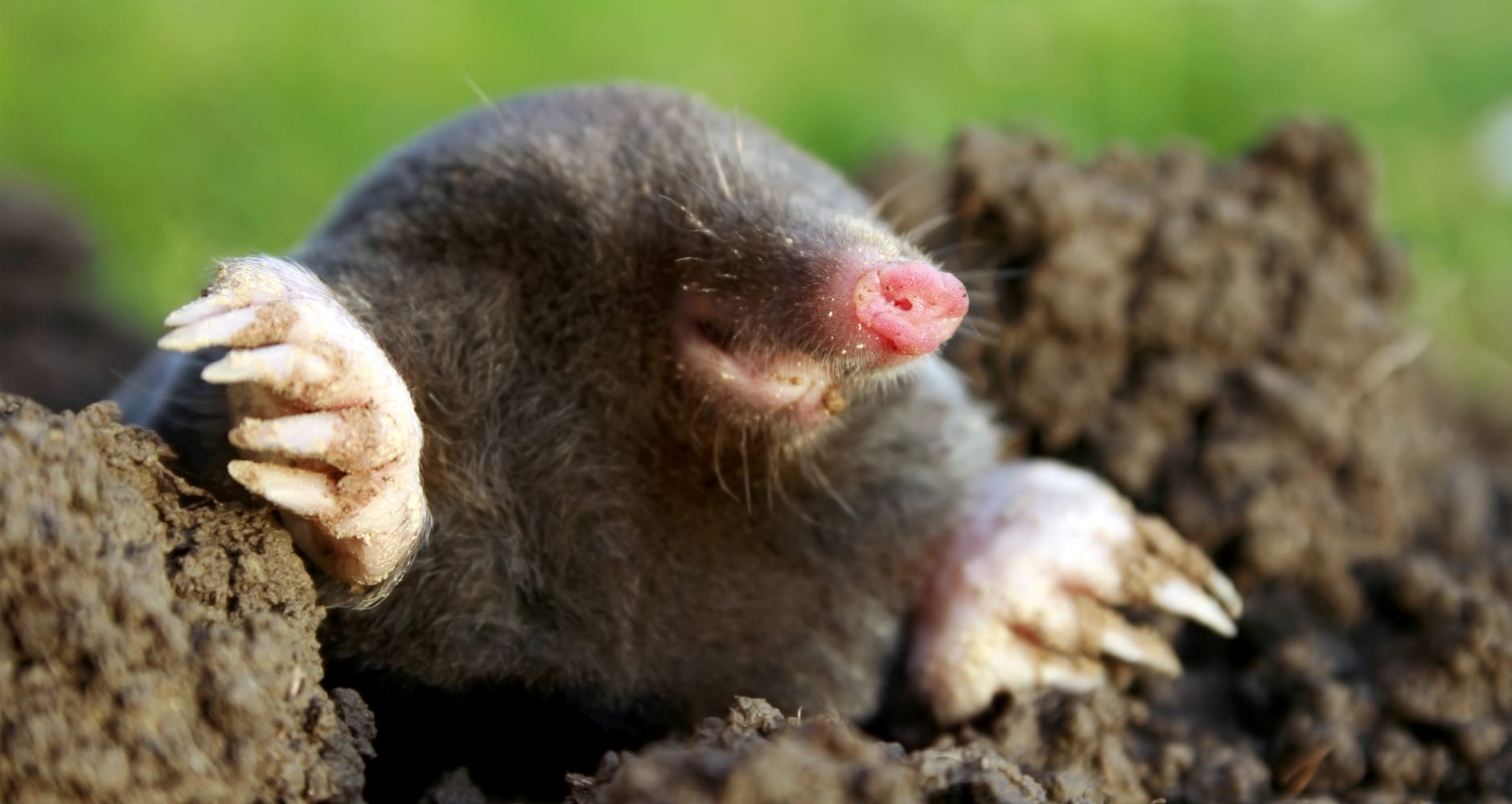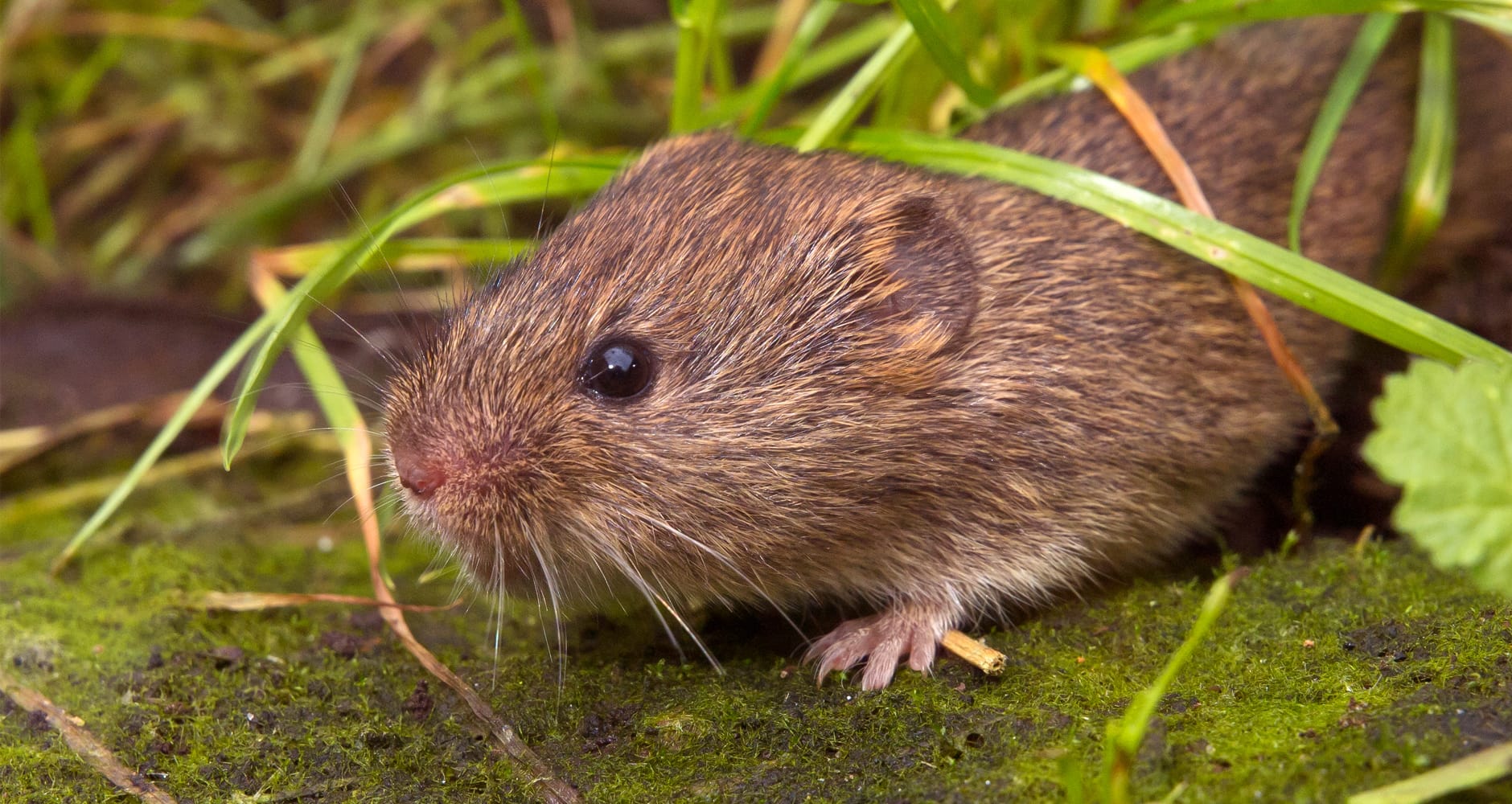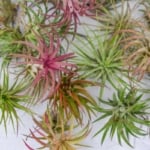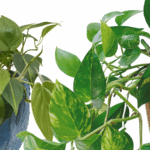6 Things To Do Now To Prevent A Vole Infestation in the Spring
Voles, also known as field mice or meadow mice, can be a huge problem for gardeners. These early fall strategies can prevent a vole infestation without chemicals.
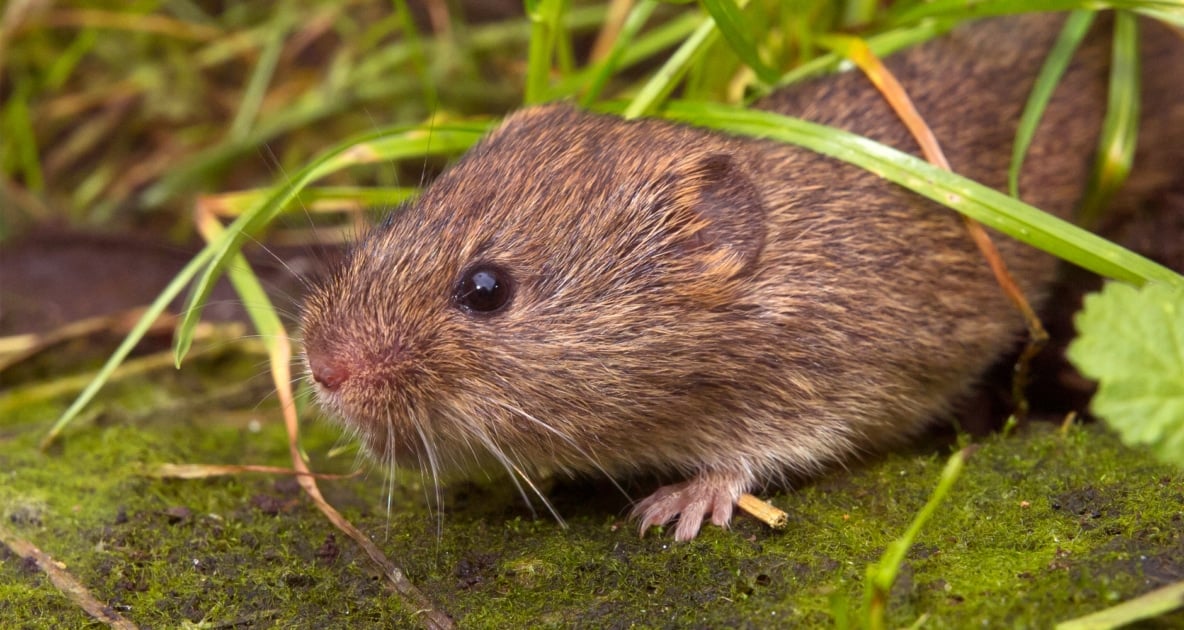
Voles, also known as field mice or meadow mice, can be a huge problem for gardeners. Voles are herbivores, eating up the tasty items in your lawn and garden. They’ll feed on the roots of turfgrass and will chew the bark from trees near ground level. They will even gnaw on low-lying fruits and vegetables. Sometimes you’ll see small holes in the ground that lead to their extensive underground dens, where they tunnel and hide from predators, as well as store food. Fortunately, there are several ways you can thwart these rodent pests now—without chemicals—before they decimate your garden next spring.
About Voles
There are more than 20 species of vole native to North America, with the meadow vole (Microtus pennysylvanicus) being the most common. Voles closely resemble mice, but they usually have heavier, thicker bodies and shorter tails than mice. Their heads also tend to be more rounded. Voles are communal and will produce huge numbers of offspring in a year. Some species will even give birth during the wintertime. Tidying your garden before winter and implementing protective measures for vulnerable trees and plants is critical to preventing vole infestations before they occur.
Not Moles!
Don’t confuse voles with moles! While moles also can make a mess of your lawn with their extensive digging, moles (Scalopus aquaticus) are actually not a rodent and a different problem. And unlike voles, they’re carnivores, which eat grubs and earthworms, so some of the strategies to get rid of these pests differ. Read more about getting rid of moles here.
Here are a few simple and natural strategies you can do this fall to prevent a vole infestation:
6 Easy Strategies To Prevent An Infestation of Voles
- Start with your lawn. Cut it short in the fall before the snow arrives. Tall grass is a good habitat for voles and mice. Rake fallen leaves and fruit off the ground and save them for the compost. Pick up all the trimmings from tree pruning. The key is to eliminate all potential hiding places (and possible food sources).
- Seal the compost bin. If you don’t compost throughout the winter, make sure your composter is sealed tightly at the end of autumn. Voles love to get into compost bins; it’s a luxury hotel for them!
- Hold off on mulching. If you mulch tender plants to protect them over the winter, save the task until immediately after the ground has frozen. Putting mulch in place too early offers a snuggly place for voles to overwinter. They will be less likely to move in if the ground is already frozen and they cannot dig below the mulch.
- Send in the guards! Voles like to feed on young trees during harsh, snowy winters, causing significant damage and sometimes even root girdling. To help prevent this, protect the trees with plastic or wire tree guards. Make sure you don’t damage the tree roots when setting up the guards. Once the trees are mature, voles will usually leave them alone.
- Do let the dogs out! If you let your dogs or cats out into the yard, voles may feel threatened and move into different territory.
- Last resort? If you’ve got the stomach for DIY extermination, you can trap voles with the same inexpensive wooden traps that are commonly used for mice. Load the traps with peanut butter as bait. If you can find the holes that indicate openings to their dens, place the traps nearby. (Don’t use snap or glue traps if you have outdoor pets, or if children are playing in the area).
Sheryl Normandeau
Sheryl Normandeau, BA, is a Master Gardener and writer from Calgary, Alberta, Canada. Her articles and short stories have appeared in several international publications. She is the co-author (with Janet Melrose) of the Guides for the Prairie Gardener series.

